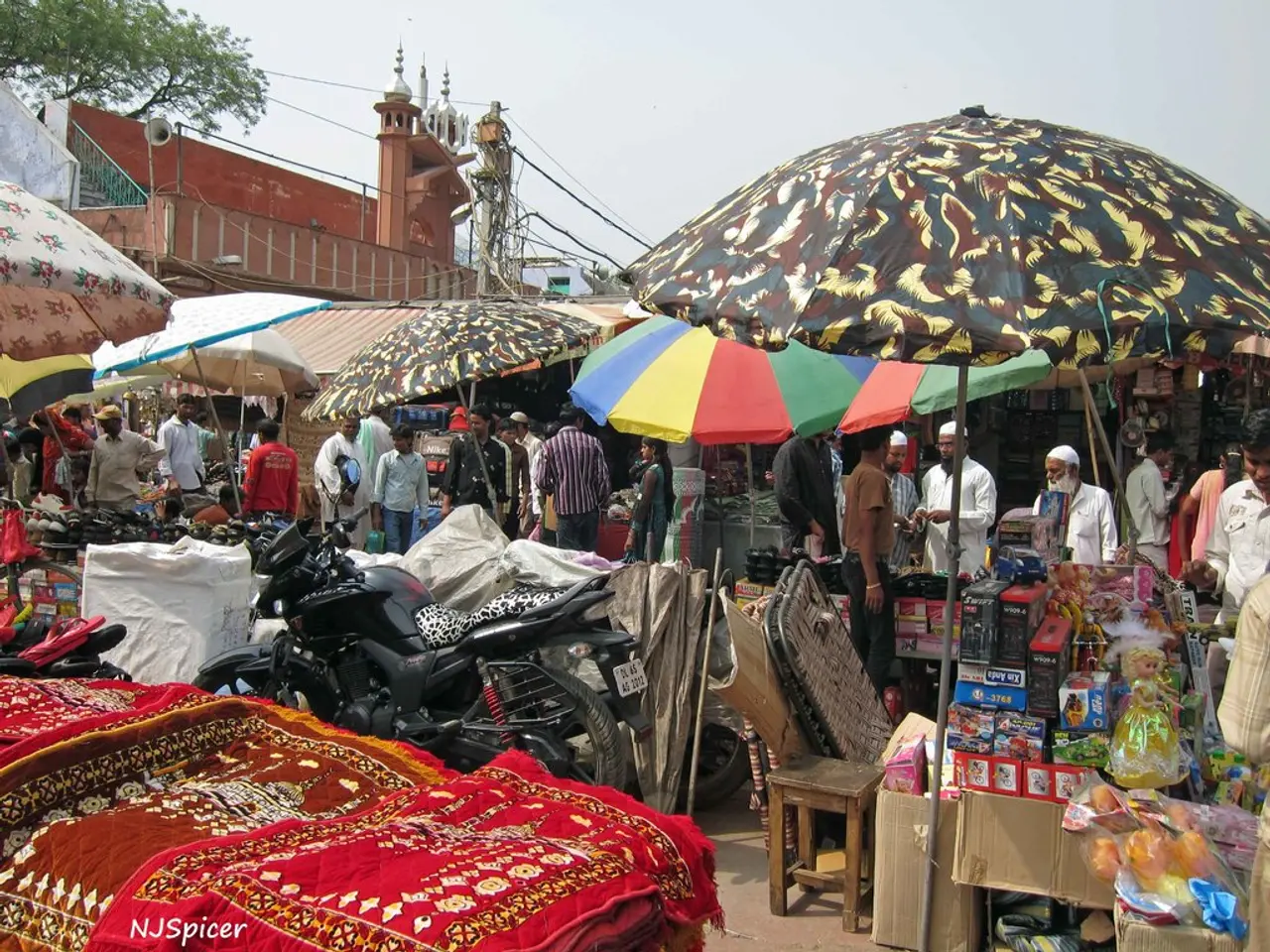International organization KFAED reiterates backing for nations locked within their geographical boundaries during UN gathering in Avaza.
The Kuwait Fund for Arab Economic Development (KFAED) recently participated in the Third United Nations Conference on Landlocked Developing Countries (LLDC3), held from August 5 to 8, 2025, in Avaza, Turkmenistan. The conference aimed to address the developmental challenges faced by 32 landlocked developing countries (LLDCs) and promote sustainable growth, reduce trade and transport barriers, and foster economic integration and investment partnerships under the theme "Driving Progress Through Partnerships."
The Kuwait Fund's participation in the conference was not limited to fostering dialogue but also included exchanging knowledge and emphasizing key development issues. Eng. Thamer Al-Failakawi, Director of Operations, and Dr. Nasser Al-Rifai, Advisor, represented the Fund at the event.
The conference aimed to discuss innovative approaches to overcoming geographic and logistical barriers that impede growth in LLDCs. Key agenda items included the adoption and implementation of the Awaza Programme of Action (2024–2034), a strategic framework to guide a decade of development efforts for LLDCs focused on improving connectivity, trade facilitation, infrastructure development, and climate resilience.
Other agenda points addressed systemic barriers like dependence on transit countries, high trade costs, limited infrastructure, and vulnerability to climate change impacts. Discussion also focused on actionable partnerships and innovative financing models to catalyze investment, enhance regional collaboration, and create flexible transport corridors for efficient movement of goods and services among LLDCs and transit countries.
Representatives from all 32 UN-recognized LLDCs, including countries across Africa, Asia, Europe, and South America, attended the conference. Heads of states, ministers, UN Secretary-General António Guterres, various UN agencies, development partners, and international financial institutions were also present.
The outcomes of the conference included the adoption of the Awaza Declaration, which reaffirmed commitments towards the objectives of the Awaza Programme of Action, emphasizing investment boosting, infrastructure development, economic diversification, and battling climate vulnerabilities. The conference also resulted in a consensus on launching a new decade of ambition for LLDCs to shift from geographic constraints to growth opportunities through enhanced economic integration and resilience-building measures.
The UN Office of the High Representative for the Least Developed Countries, Landlocked Developing Countries, and Small Island Developing States (UN-OHRLLS) organized the conference. The Kuwait Fund views its participation as an opportunity for dialogue, knowledge exchange, and emphasis on infrastructure, regional integration, and global market access. Standing in solidarity with disadvantaged nations is essential for creating a more equitable and stable world, according to the Kuwait Fund.
- The Kuwait Fund for Arab Economic Development (KFAED) emphasized the importance of investment partnerships during the Third United Nations Conference on Landlocked Developing Countries (LLDC3), particularly in discussions about innovative financing models to stimulate investment and create flexible transport corridors within the industry and finance sectors.
- Engaging in activities that promote economic integration, such as the Kuwait Fund's participation in the LLDC3, can help landlocked developing countries (LLDCs) leap beyond geographic constraints by fostering regional collaboration, enhancing connectivity, and advocating for climate resilience in the business sector.




